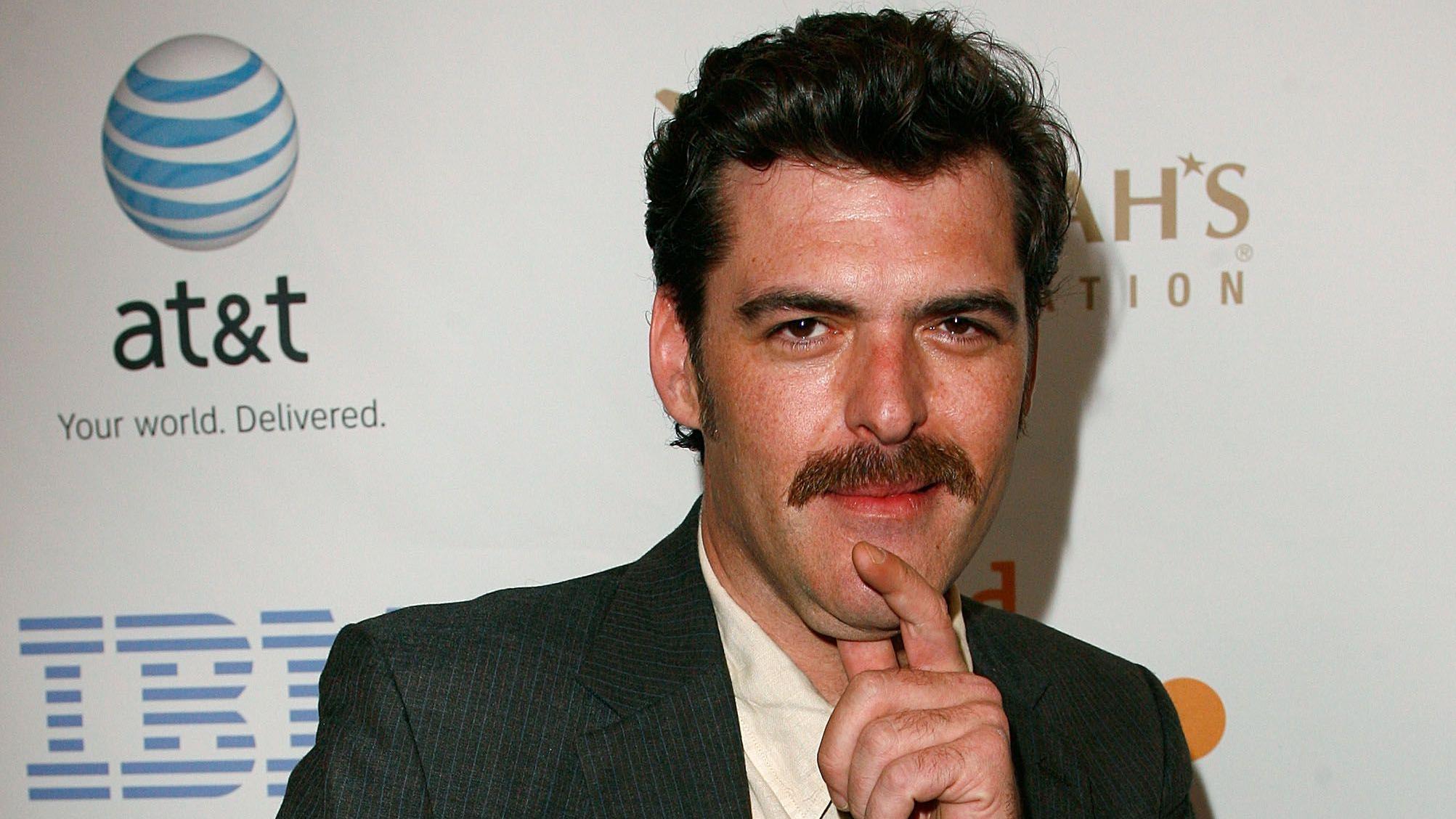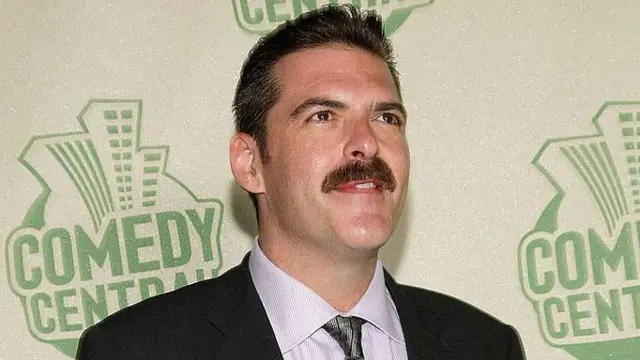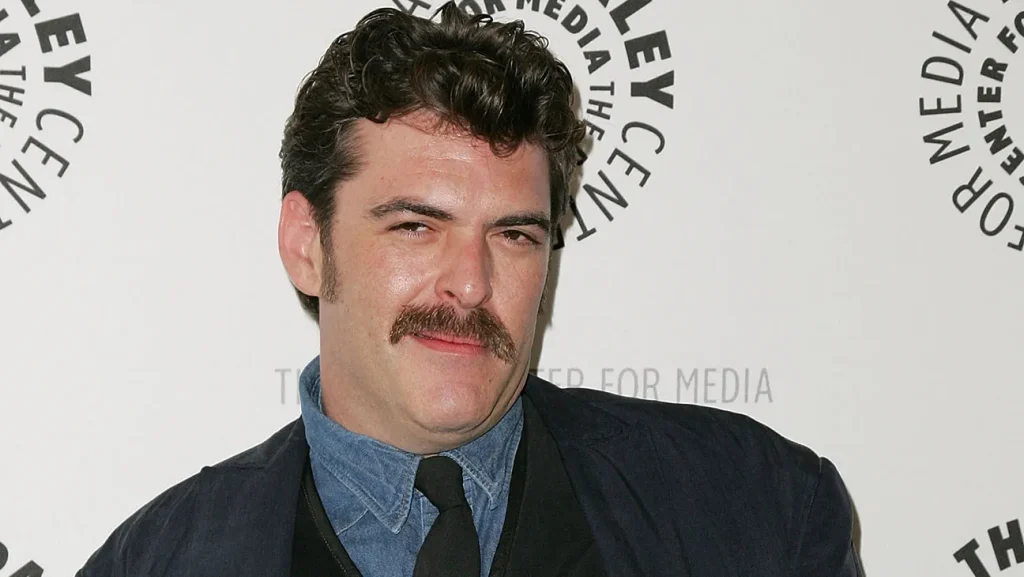In a recent twist in the ongoing legal fallout from the January 6 Capitol attack, Hollywood actor Jay Johnston, known for his roles in “Anchorman,” “Mr. Show,” “Arrested Development,” and as the voice of Jimmy Pesto in “Bob’s Burgers,” has been sentenced to a year and a day in federal prison. Johnston, who pleaded guilty to obstructing officers during a civil disorder, represents one of the more visible faces among the hundreds sentenced so far. This case highlights the complex intersections of celebrity influence, political extremism, and the repercussions for public figures in divisive times.

Johnston’s involvement became a point of both social and professional contention long before his arrest. As early as 2021, Johnston faced career repercussions, including being dropped from “Bob’s Burgers,” even though he had yet to face legal charges. This preemptive backlash illustrates Hollywood’s often swift punitive response to public controversy, especially in politically charged cases, but it also raises questions about the ethical lines in “cancel culture” and the sometimes blurred boundaries between public accountability and professional ostracization.
During the Capitol riot, Johnston was captured on video engaging with the violent crowd, assisting other rioters with decontaminating from pepper spray and wielding a police riot shield to bolster a “shield wall.” Prosecutors noted his actions in the infamous lower west tunnel—a focal point of the day’s violence, where many officers, including MPD Officer Daniel Hodges, were subjected to aggressive assaults by rioters. Johnston’s sentence is part of a larger strategy by the Department of Justice to dissuade future violence by holding high-profile individuals accountable.
Johnston’s sentencing memo, however, also reveals his belief that his status as a Hollywood actor led to an overstated portrayal of his role. His lawyer argued that Johnston’s participation was no more or less culpable than many others, and his “blacklisting” by the entertainment industry has been a unique and harsh repercussion relative to most rioters. For Johnston, who has spent two years working as a handyman after essentially being “canceled” from Hollywood, the case highlights the personal toll on his livelihood and identity.
Prosecutors, on the other hand, emphasized Johnston’s cavalier post-riot demeanor. A memorable example was his attendance at a Halloween party where he dressed as Jacob Chansley, the “QAnon Shaman,” in 2022. This moment of dark humor only reinforced the prosecution’s argument that Johnston was unrepentant and trivialized the riot’s seriousness. Messages Johnston sent in the wake of January 6, downplaying the violence and referring to it as exaggerated or staged by Antifa, add a layer of irony and self-contradiction to his defense.

Johnston’s case points to a disturbing trend of politicized disinformation that has colored public perceptions of January 6. Like many, he seemed swayed by narratives that minimized the event’s severity, despite witnessing and participating in it firsthand. This element in Johnston’s case offers a poignant reminder of the dangers of misinformation, especially when perpetuated by individuals with a public platform. His journey from comedic actor to convicted felon underscores a deeper societal reckoning: the accountability of public figures who not only act but subsequently misrepresent their actions in times of national crisis.
With over 1,500 people arrested and nearly 1,100 convictions in connection to the January 6 riots, Johnston’s case serves as a stark symbol of how the consequences of that day continue to reverberate across all segments of society, including Hollywood. As political tensions remain high, the Johnston sentencing is both a cautionary tale and a reminder of the broader implications of actions taken by individuals in positions of influence—both during the Capitol riots and in their aftermath. The legal system’s approach to sentencing prominent figures involved may ultimately play a pivotal role in shaping the response to such events in the future.




